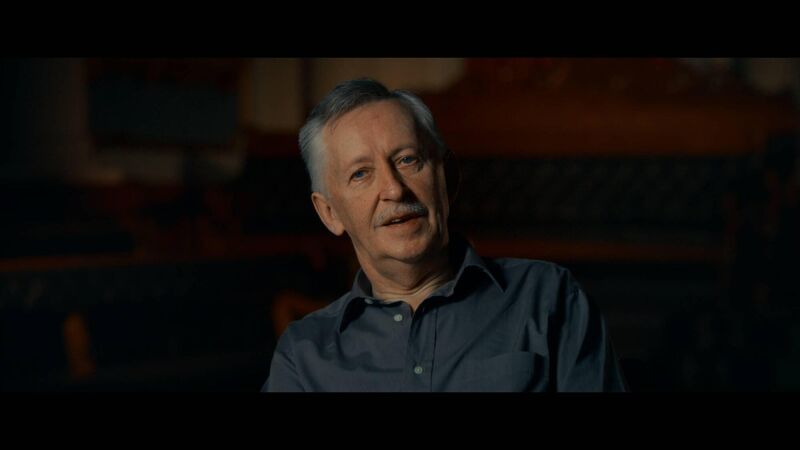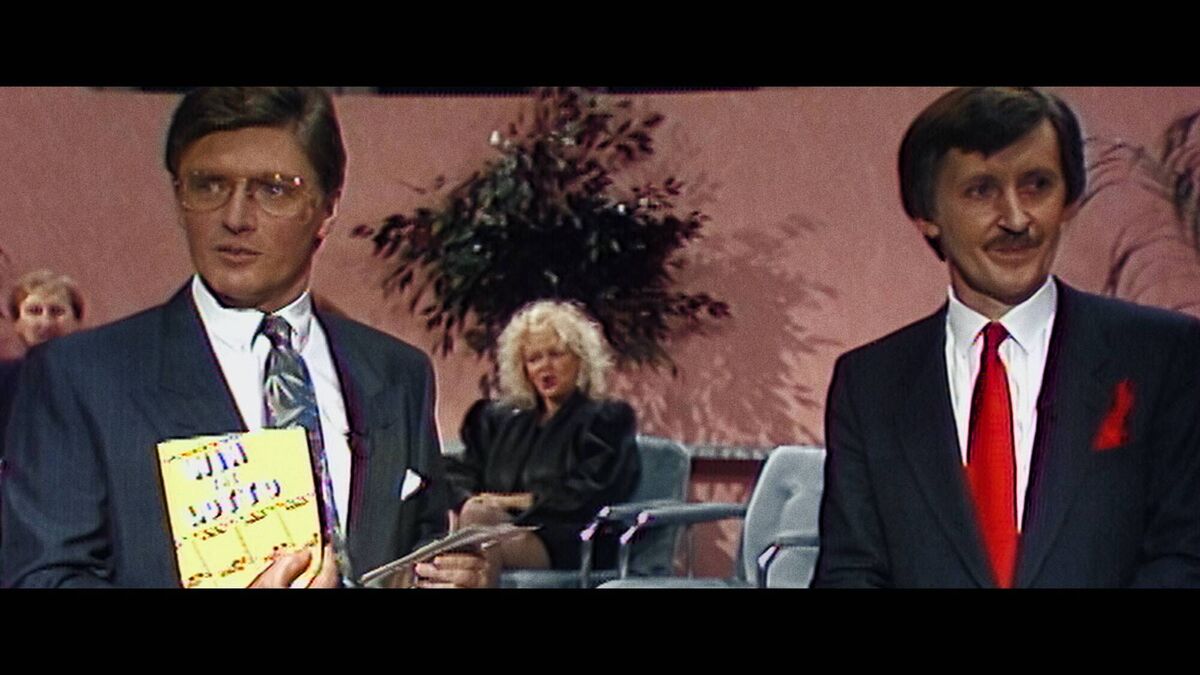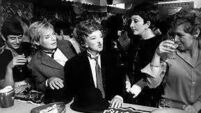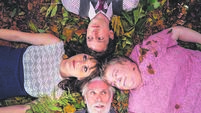Beat the Lotto: Documentary was chance to 'get the story straight', says Cork man

Stefan Klincewicz in a scene in the documentary. Stefan said he was confident the story was in safe hands with Whitaker.
In 1992, Cork mathematician Stefan Klincewicz led a group of investors in a bold plan to win the National Lottery by playing every possible combination of numbers. This massive undertaking took nearly a year to complete.
In Ross Whitaker’s captivating documentary, Beat the Lotto, we see how the journey spiralled into a national scandal.
Two years before Klincewicz attempted to beat the National Lottery, he won with a syndicate of ten. The confusion between the syndicate win, and the 1992 lotto mission motivated Klincewicz to participate in Whitaker’s documentary.
“After years of trying to correct the errors that were there, I just gave up. When Ross came along, my immediate reaction was, this is an opportunity to correct the confusion; this is the chance to get the story straight and on record.”
Klincewicz was confident that the story was in excellent hands with Whitaker.
“Ross knows what he’s playing at and knows how to approach things. Before filming, I said, I’m going to be myself; I’m going to say what the facts are and answer questions, truthfully, everything laid bare.”
The Cork man says maths always came naturally, so strategising for the lotto was easy.
“I was educated at the Presentation Brothers College on the Western Road, and I had a brilliant maths teacher. I can still visualise him explaining Pythagoras’ theorem on the blackboard. I knew what the next move was going to be, even though I had never studied it before, it seemed to be a natural ability.”
Klincewicz has a fascinating family history, which saw a Polish man meet a Cork woman in the aftermath of World War II. His mother came from the north-west village of Kiskeam and worked as a nurse at the South Infirmary in Cork, where she specialised in psychiatric medicine, which would take her on an unexpected journey.
“After the war, the Allies were looking for people in the medical field with expertise in psychiatry. My mum volunteered to go into Germany and was attached to the famous general Montgomery’s 21st Army Group Medical Corps, which was one of the first medical teams in the Belsen concentration camp. She worked with the children who had survived the camp, and that was how she met my father.”

Klincewicz’s father was a Polish paediatrician who also had a remarkable family history.
“My Polish grandparents lived in Vilnius, which is Lithuania now but was part of Poland back then. The Bolsheviks banished my grandparents to Siberia purely because my Polish grandmother, Maria, had noble blood. My grandfather was involved in the construction of the great Siberian Railway, and my father was born in Krasnoyarsk in Siberia.”
The Klincewicz family escaped from Siberia to Moscow and then moved to Poznan, Poland, where his father qualified as a doctor. After the war, he worked with children who survived Belsen, during which he met Margaret, the nurse who had travelled all the way from Kiskeam. The couple fell in love and got married, but they faced a big decision.
“My mum wanted to come back to Cork, but my dad wanted to go to America. They had visas to go, and the plan was to live in Chicago, but Mum convinced Dad to try Cork for one year. If he didn’t like it after that, they would go to Chicago. As it worked out, he loved the country and the people so much that they settled in Cork and never looked back.”
The plan to win the lottery involved the purchase of thousands of tickets by a syndicate. Many of the syndicate members were individuals with money to spend; others were willing to risk small amounts. However, for Klincewicz, who now lives in Youghal, the draw wasn’t the potential win but the chase.
“The biggest drive was knowing that something like this could be done based on anomalies in the payout schedule that the National Lottery had at the time. A simple calculation indicated that at least 70% of the outlay would be recouped in small prizes, so it meant that there was 30% left to get in relation to the jackpot, but it required a rollover to ensure that the jackpot would go well over the 1 million, which it did at the time.”
The plan was one thing; implementing it was another. Klincewicz’s son, Stefan Jr, who also appears in the documentary, spent months filling out lotto cards for his father.
“I was there from day one and filled out the bulk of the lottery cards. I processed approximately 1.8 million rows of entries over a year. It probably isn’t what most 18-year-olds would do with their time, but I have a great relationship with my father, and it is a testament to him that I wanted to be involved.”
Stefan Jr says it is wonderful to be part of the story, and the documentary is a great family legacy.
“What we did will never happen again because the lotteries worldwide changed how they did things. The Irish lottery added three more numbers, making what my dad did impossible. The documentary captures this moment in history, and my family will always have that.”
Klincewicz says that when the National Lottery put obstacles in their way, he was surprised.
“About 12 months before proceeding, I approached the National Lottery. I asked if I could get a receipt confirming the purchase of all combinations for just under 1 million Irish pounds. They said they couldn’t provide that but mentioned that marking all the cards would be fine. I don’t think they realised the implications of that decision. They probably never imagined a mathematician from Cork would actually try to beat the lotto.”







